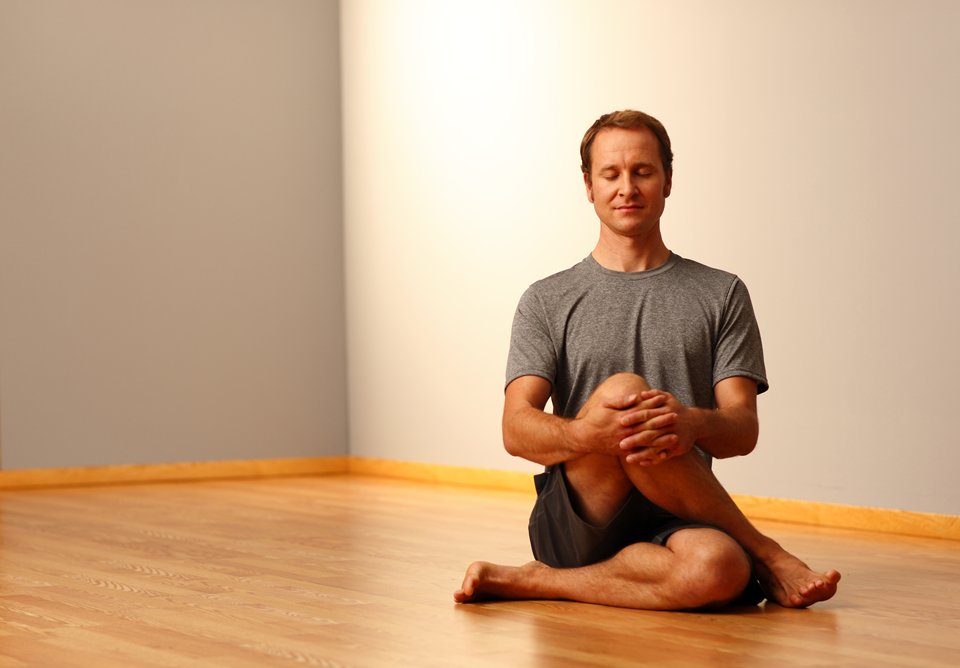Men’s Health – Tips to Stay in Top Shape

For the fathers, brothers, husbands and sons in our lives, June is National Men’s Health Month but in reality so should every month. Did you know that men experience life-threatening illnesses, like heart disease and cancer, at higher rates than women?
More concerning is that men make half as many preventive visits to their doctors as women. Why is this the case? Communicating feelings or asking for help doesn’t come naturally to a lot of men.
I tell my male patients that it’s important for them to visit the doctor at specific ages. If you’re healthy and under the age of 30, make an appointment every two to three years. Men between the ages of 40 and 50 should visit the doctor every other year. Over the age of 50, once a year. And as you age, here are some important men’s health issues to keep in mind.

Cardiovascular (Heart) Disease
Heart disease is the leading cause of death for men in the U.S. This disease can be especially deadly for men as more than half of those who die suddenly from heart disease have no previous symptoms. You can reduce your risk of heart disease by:
- Getting your cholesterol checked once, beginning at age 25, and then again every five years.
- Controlling your blood pressure and cholesterol.
- Stopping smoking.
- Exercising 30 minutes per day.
- Eating more fruits and vegetables and reducing the amount of saturated or trans fats in your diet. Trans fats raise LDL (bad) cholesterol levels and increase the risk of heart disease. Avoid buying any food that lists partially hydrogenated oils on its ingredients list.
Issues Related to Being Overweight or Obese
Body Mass Index (BMI) is used to determine if a person is overweight or obese. BMI is a person’s weight in kilograms divided by the square of height in meters. A BMI between 25 to <30 is considered overweight. Anything higher than 30 falls within the obese range.
According to the New England Journal of Medicine, obesity increases a man’s risk of being diagnosed with colon, esophageal and kidney cancer. Obesity is also linked to low testosterone and infertility.
Pain in Joints and Muscles
Men living in the mountains are used to taking advantage of the outdoors by hiking, biking and skiing. But with age, these activities cause more strain on the body. When you begin to feel those aches and pains on a regular basis, it’s time to incorporate more low-impact activities into your exercise routine like stationary biking, yoga or swimming.
Prostate Cancer and Prostate Enlargement
As men age, prostate cancer or prostate enlargement, known as benign prostatic hyperplasia (BPH), can occur. BPH is associated with increased urination, especially at night. Your doctor may discuss prostate cancer screening with you beginning in your 50s or 60s. If you have a family history of prostate cancer or are African-American, which places you at a higher risk of developing this type of cancer, your doctor will bring up screening sooner.
Depression
Being aware of your mental and emotional health is just as important to your well-being as diet and exercise. Depression is a real illness, but many men do not seek treatment.
If you’re depressed, you may feel:
- grumpy
- irritable
- isolated
- withdrawn
You may also:
- work all the time
- lose your sense of humor
- have trouble sleeping or sleep too much
- drink too much or abuse drugs
- physically or verbally abuse your family
- stop being interested in the people or activities you used to enjoy
As you age, new stresses may enter your life that have the potential to trigger depression – retirement, deaths of friends and family or health problems like heart disease, stroke or cancer. Certain medications can also contribute to depression.
I decided to write a little summery about using . Priligy should be taken 2-3 hours before having sex. If you are going to have a sexual act you should plan the details to avoid problems concerning early ejaculation. A full Priligy (Dapoxetine) drug at is to be taken with a full glass of water. The effect would be more obvious on an empty stomach. Wish you good luck!
If you think you might be depressed, make an appointment to talk with your doctor or reach out to a friend or family member for help. Or visit FindYourWords.org to learn more about mental health and where to go for support.
– Patricia Dietzgen, D.O., is a family medicine physician practicing at the Kaiser Permanente Frisco medical offices
MTN Town Magazine | We are Colorado’s Mountain Town Magazine
Copyright © 2017 MTN Town Magazine all rights reserved.
